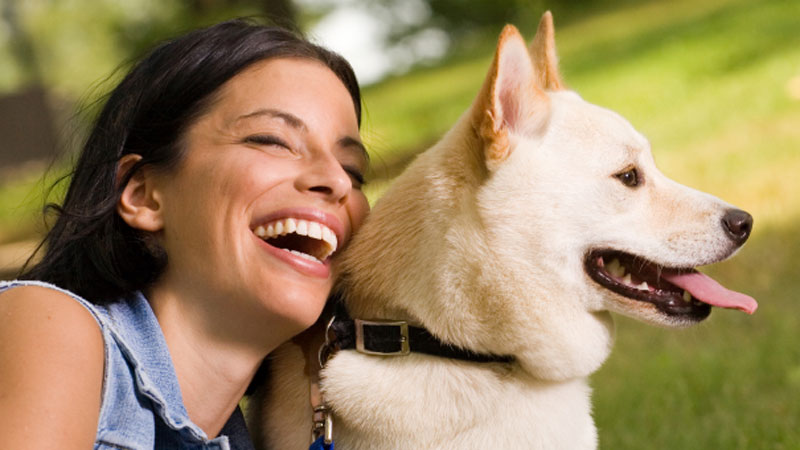What Makes A Good Puppy & Dog Class?
So, you've decided to get a puppy. What about puppy & dog classes? Are there any advantages in these, let's take a look...
So before we look at the classes, we ask the question why should you train your dog?
Well, historically people used to think that it was just about teaching your dog a few obedience commands, via the use of some heavy handed techniques. It was seen as a bit of a luxury and sometimes considered that almost anyone could train a dog without attending classes.
Dog owners are now beginning to recognise that dog training professionals are very important to help them to mould a solid relationship between themselves and their dogs.
So here are some key advantages of dog training classes:-
1. Building a positive relationship with your dog
2. Learn new skills
3. Increase sociability
4. Avoiding problem behaviour
5. Loyalty and companionship
So what makes a Good Puppy & Dog Class?
It all depends on how carefully you select your puppy class.
Off-leash classes
Ideally, puppy classes should be taught off the leash for the full duration of the session. The session should also allow puppies time to play with each other.
Numerous short training interludes
Every class should be made up of lots of short enjoyable training sessions so that the puppy learns to respond happily to their owners’ requests. Each time the training session is interrupted for play, the puppy may be told “Go Play”. Playing with other dogs may be used as a reward for training.
Controlling difficult puppies
Frequent short training sessions with play times included is necessary for owners to learn how to control their puppies, teaching the puppy to pay attention at all times even when they are distracted and excited is essential.
Learning how to calm and re-focus out-of-control puppies is a very important reason why owners attend puppy classes. Training must always be integrated into dog play and all other enjoyable doggy activities, for example when playing with toys, or when out walking.
Fearfulness & bullying
Any signs of fearfulness or bullying must be sorted during the first session, otherwise, problems will escalate as each week passes. Fearfulness may be resolved during a handling session. Bullies require a non-stop running commentary of differential praise and reprimand (feedback every second), indicating the levels of appropriateness or inappropriateness of each and every behaviour.
Pups of all sizes, including small breeds
Classes should include puppies of all sizes and all play styles. Small dogs need to grow in confidence and learn how to be around the bigger dogs. Sessions with larger dogs produce over the top play styles and dogs that are likely to annoy or bully other dogs in the real world.
Sessions limited to small dogs only could potentially be a disaster. Certainly, they will gain confidence around other small dogs, but some small dogs could become overconfident if none of them are given the opportunity to develop confidence around larger dogs. In the real world, small bossy dogs could get into trouble and small fearful dogs quite simply could be attacked by larger dogs.
Ask your vet for any advice on puppy classes offered either within the practice or in your area. A well socialised and well-behaved puppy is a joy and a wonderful addition to any family.
Home from Home is an award-winning dog boarding agency covering London and the Home Counties. For further information on the services we can offer please call 01932 568584 or email us on info@homefromhomedogboarding.c


